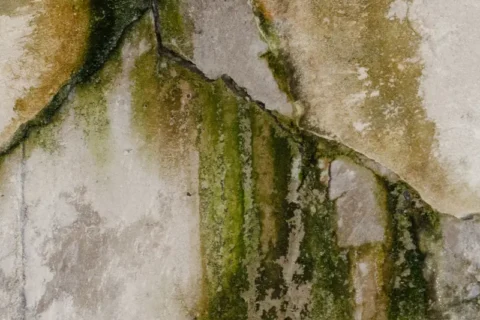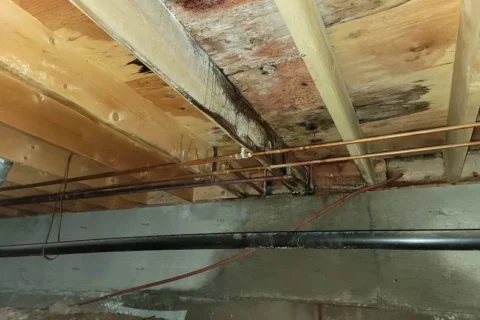Top 4 Reasons for Water Seepage in Waukesha WI
Water Seepage
Water seepage is a real downer, especially when it ends up in the basement, or if its root is in the basement. The ideal situation, however, is to not have any seepage. But no house is waterproof or even water tight. You have to deal with it sooner or later, so it makes sense to learn what causes it and be prepared beforehand. Here are the top 4 reasons for water seepage in your walls.
- Water pooling up at the base
After a healthy shower during the wet seasons, water may have pooled up just beyond your walls. If the soil is clayey, then there may have been empty pockets where there is enough space for water to actually form subterranean pockets of water. In some cases, it may form heavy sludge and just sit there pressing against the outer wall. The water may eventually enter your walls, or if the wall is dry enough, actually suck it in. Heavy use of sprinklers can also do this to the soil around your home. - Leaking drainage pipes and plumbing
A leaking pipe is the first thing that should come to your mind when you see or feel wetness in the dry months. If you wake up to a wet basement floor, the problem may be a burst pipe or a pipe that has leaked enough to let the water finally reach the lowest point of the house. - Leaking tanks
Tanks and swimming pools by the house can be a spot where water seeps through and gets into homes through the walls or the basement. Leaking basements in homes with pools is fairly common. While enough care should be taken before the construction of a tank or a pool, it is not uncommon to find certain procedures skipped or done shoddily enough to cause this issue. Even above ground and temporary summer pools can leak and pour through a vent into the basement. Even basement waterproofing may not suffice in these cases. - Bathrooms and toilets
Broken or faulty tiles in a bathroom, tub, or a shower stall can cause water to seep through the floors and get to other parts of the house.
While basement waterproofing is a solution, you must be a lot more careful with the rest of the house as well. Keep an eye open for potential leaks and get it fixed as soon as possible.
Ready to Get Started?
Contact Us Today to Schedule a No Pressure, No Obligation, Free Quote!


